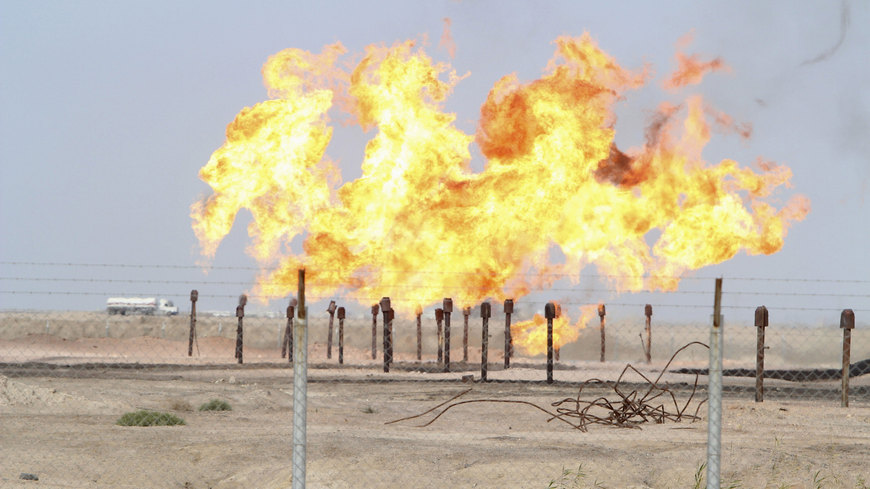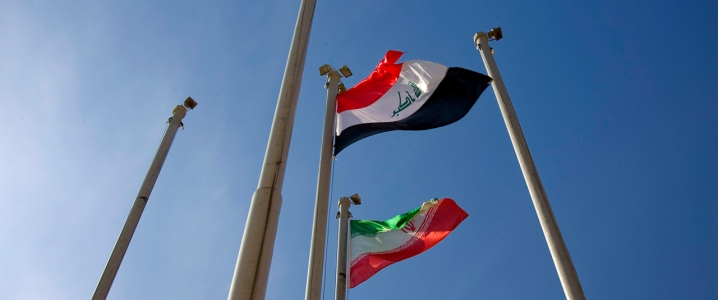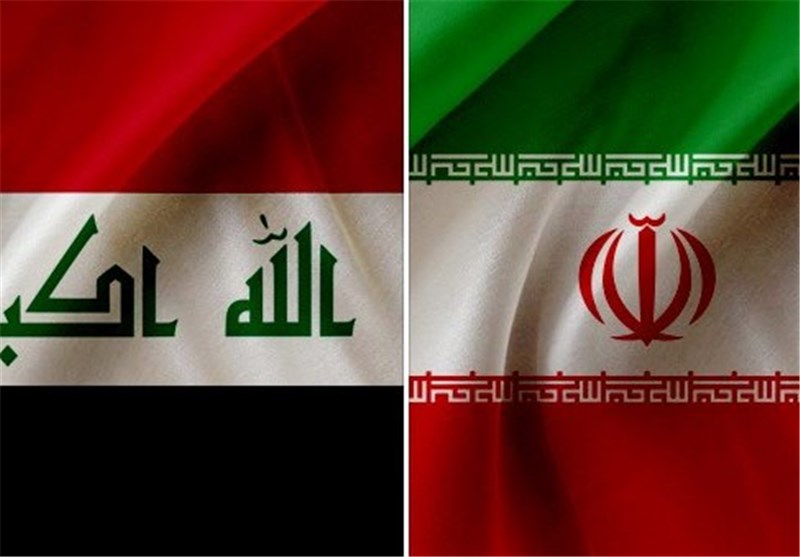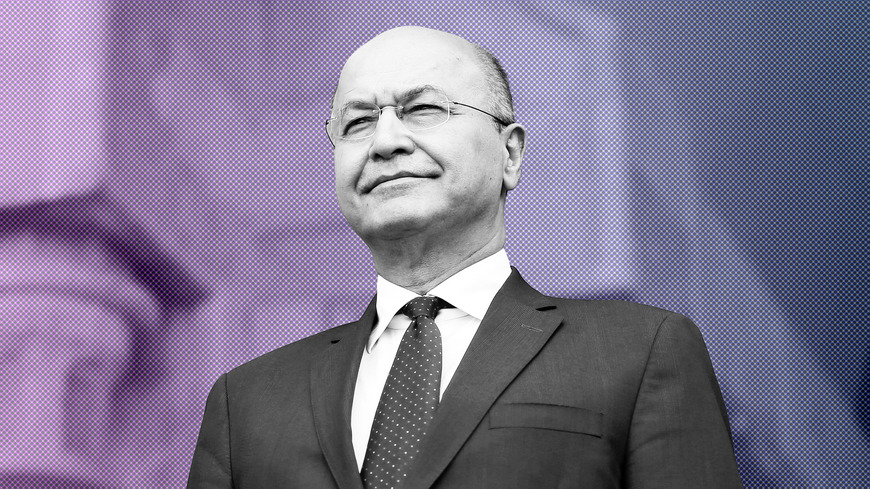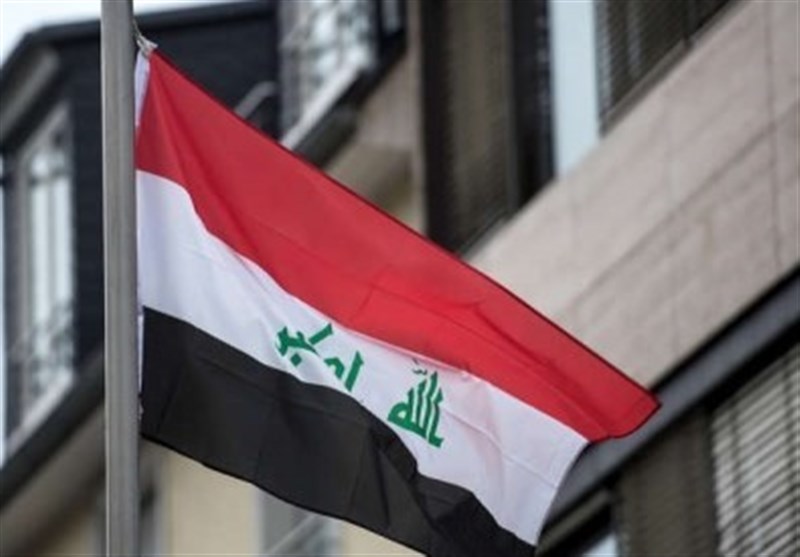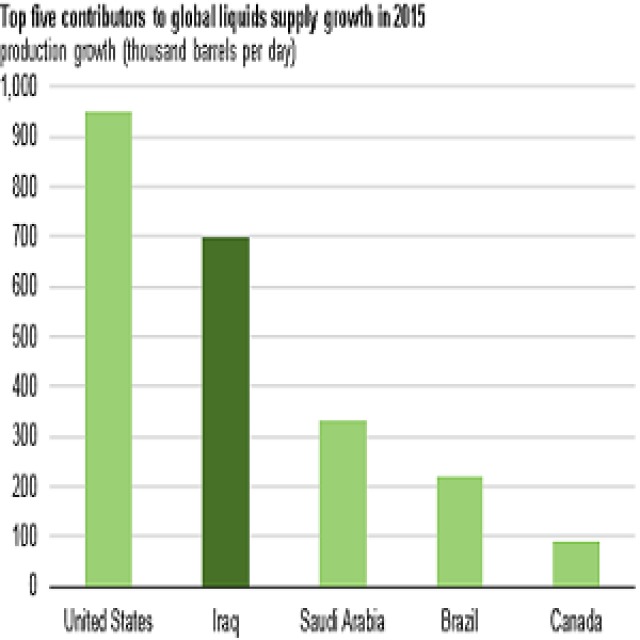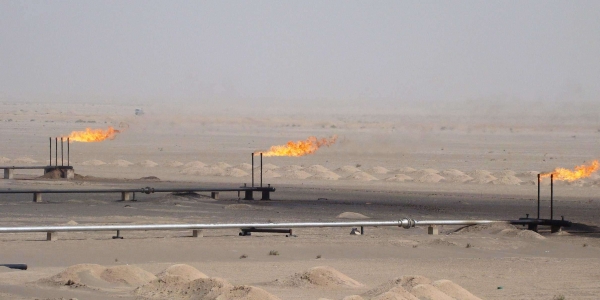DNO ASA, the Norwegian oil and gas operator, today announced a rise in third quarter 2018 net profit to USD 63 million from operating revenue of USD 171 million on the back of solid production, regular export payments and higher oil prices.
Operated production averaged 117,600 barrels of oil equivalent per day (boepd) during the quarter including 81,500 boepd on a company working interest basis. DNO received three monthly export payments totaling USD 164 million net to its 75 percent operated interest in the Tawke license in the Kurdistan region of Iraq. Realized export prices averaged USD 61 per barrel during the quarter.
Net profit for the three months ending September was ahead of the USD 93 million net loss in the same period last year, excluding the one-time recognition of its Kurdistan Settlement Agreement in August 2017, and above the USD 43 million in the second quarter this year. Operating revenue was up from USD 73 million in the third quarter a year earlier and USD 147 million in the preceding quarter in 2018.
Notwithstanding third quarter spend of USD 71 million, DNO maintained its strong financial position with free cash balances of USD 640 million. In addition, the Company held USD 335 million in marketable securities as at 30 September, including a 28.22 percent stake in London-listed Faroe Petroleum plc, a 5.64 percent stake in Oslo-listed Panoro Energy ASA, a 4.83 percent stake in Olso-listed RAK Petroleum plc and a 3.23 percent stake in DNO held through treasury shares.
Going into the fourth quarter, on the Tawke license in Kurdistan containing the Tawke and Peshkabir fields the Company has ramped up production from the Peshkabir field to over 50,000 barrels of oil per day (bopd) from six wells less than 18 months after commencement of operations, beating its end-2018 target ahead of schedule and below budget. Six wells are currently producing from Peshkabir, and the seventh, Peshkabir-8, will shortly commence test production. Peshkabir-9 will spud in mid-November.
“Peshkabir is on steroids,” said DNO’s Executive Chairman Bijan Mossavar-Rahmani. “Production continues to climb and we are proud of our operating teams who set stretch targets and then proceed to beat them,” he added. “With the fast-track, low-cost development of Peshkabir, DNO continues to tease out Kurdistan’s promise as a world class oil province,” Mr. Mossavar-Rahmani said.
The Company has four active rigs in Kurdistan, of which one is at the Peshkabir field, two at the Tawke field and one at the Baeshiqa license. In mid-October, the Company spud the Baeshiqa-1 exploration well to test the Cretaceous at the Baeshiqa structure. A back-to-back well to test the deeper Jurassic and Triassic on the same structure will follow in December. A third well is planned to test the Jurassic and Triassic on a separate structure during 2019.
At the Tawke field, two shallow Jeribe wells, Tawke-50 and Tawke-51, were brought onstream during October. The Tawke-49 well, drilled to the deeper Cretaceous, will follow later this month. The well has been drilled utilizing underbalanced technology, the first on the license, and is producing from the target zone while drilling. The Tawke-52 Cretaceous well will spud by the end of November. Tawke is currently producing at an average rate of 80,000 bopd.
Elsewhere, the Rungne prospect offshore Norway was spud last month by operator Faroe Petroleum; DNO separately holds a 10 percent interest in the license. The Company will participate in at least five additional wells offshore Norway next year.
The Company currently holds 21 Norway licenses, including the 20 percent interest in a Barents Sea license recently acquired from Chevron containing the Korpfjell prospect.
The Company has received ten monthly Kurdistan export payments year-to-date totaling USD 500 million net to DNO, of which USD 59 million was received in October. This compares to USD 380 million received net to DNO during the full-year 2017.
DNO expects to exit the year with operated Kurdistan production of at least 130,000 bopd, representing more than one-half of total production by international operators and around one-third of all Kurdistan exports.
(Source: DNO)

